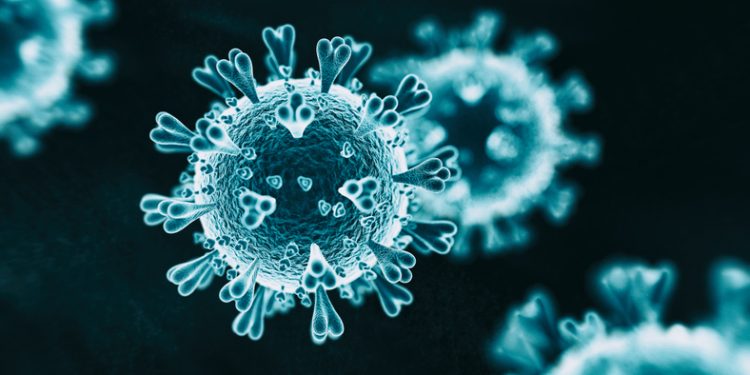Washington: Treating novel coronavirus infection in ferrets with the antiviral drug ‘Molnupiravir’ has proved to be hugely successful. The antiviral drug has completely suppressed virus transmission among the mammals within 24 hours. This has been reported by a new study which may lead to a new therapeutic to curb the COVID-19 pandemic.
The researchers, including those from the Georgia State University in the US, originally discovered that the drug — also known as MK-4482/EIDD-2801 – is potent against influenza viruses.
In the study, published in the journal ‘Nature Microbiology’, the scientists repurposed MK-4482/EIDD-2801 against the novel coronavirus, and used a ferret model to test the effect of the drug in halting virus spread.
“This is the first demonstration of an orally available drug to rapidly block SARS-CoV-2 transmission. MK-4482/EIDD-2801 could be game-changing,” said Richard Plemper, a co-author of the study from Georgia State University.
Until mass vaccination is available, the scientists believe interrupting widespread community transmission of SARS-CoV-2 is paramount to managing the pandemic.
“We noted early on that MK-4482/EIDD-2801 has broad-spectrum activity against respiratory RNA viruses and that treating infected animals by mouth with the drug lowers the amount of shed viral particles by several orders of magnitude, dramatically reducing transmission,” said Plemper. “These properties made MK-4482/EIDD-2801 a powerful candidate for pharmacologic control of COVID-19,” he added.
The scientists infected ferrets with SARS-CoV-2, and initiated treatment with MK-4482/EIDD-2801 when the animals started to shed virus from the nose.
“When we co-housed those infected and then treated source animals with untreated contact ferrets in the same cage, none of the contacts became infected,” said Josef Wolf another co-author of the study.
By comparison, all contacts of source ferrets that had received placebo became infected, the study noted.
If these ferret-based results translate to humans in further studies, the scientists believe COVID-19 patients treated with the drug could become non-infectious within 24 hours after the beginning of treatment.
They noted that the drug is currently in advanced phase II/III clinical trials against SARS-CoV-2 infection to check for its effectiveness in curbing the transmission of the virus.






































